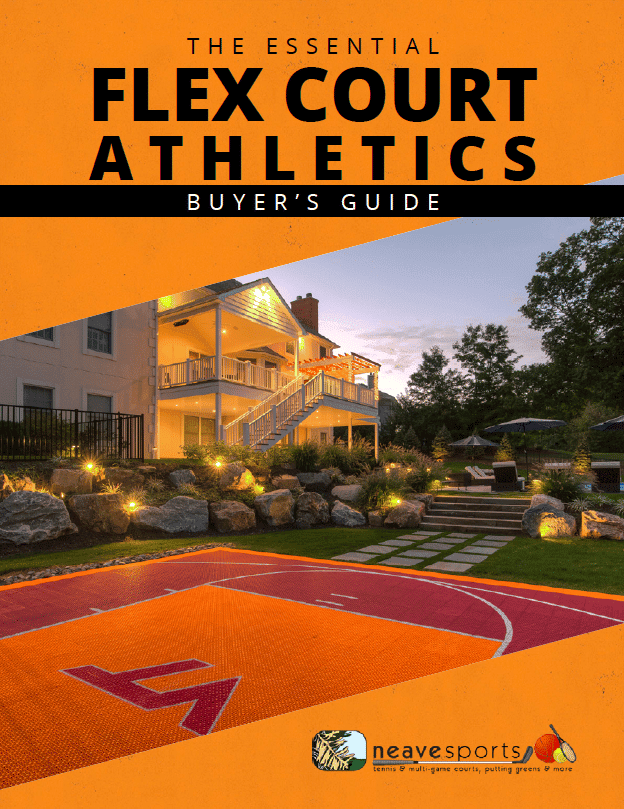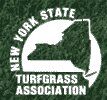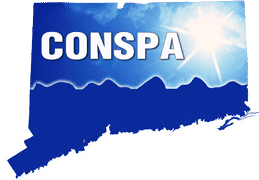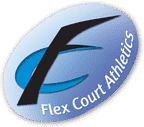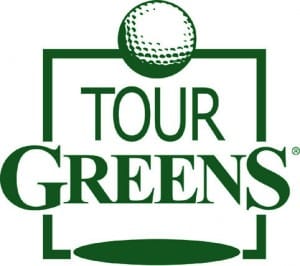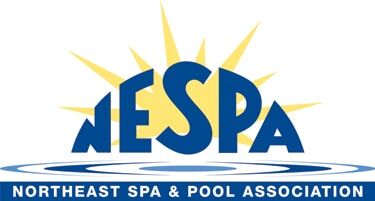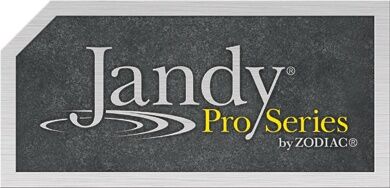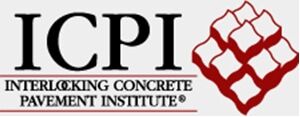That weird tingling you feel in your fingers this time of year is the urge to get your hands on a basketball or tennis racquet and head out to your backyard sports court.
Once the snow melts, there’s nothing stopping you! Or is there?
How much work you need to do before hitting the court this spring depends on what kind of surface you have.
Asphalt? Concrete? Flex Court? Which one is the best low maintenance sports surface for your home? Let’s take a look at post-winter maintenance needs for your sports surface, typical lifespan and how different courts compare when you finally head out, happily inhaling spring air, to conquer the court.
Asphalt And Concrete Courts
If you have an asphalt or concrete court, you’ll need to inspect it for signs of winter damage.
There might be cracks or crumbling areas, caused by repeated freezing and thawing over the winter.
Check for any low spots that might trip you up. You’ll want to call an asphalt or concrete business to make any needed repairs before you play. An aging, damaged sports surface isn’t just annoying to play on, it’s dangerous.
If your painted lines are faded, those will need a touch-up. If your concrete court has an acrylic coating, those painted lines may have faded, too.
Flex Court Tiles
Winter weather is no problem for a Flex Court sports court. When spring finally arrives, just sweep off any debris and start practicing your serve or your jump shot.
The all-weather surface is designed to expand and contract, so no damage from the freeze and thaw cycle.
The self-draining design of Flex Court’s premium outdoor tiles is designed to dry quickly, reducing dangerous standing water and puddles that can compromise a court’s surface. Don’t worry about mold. The tiles are anti-microbial and don’t attract mold like conventional court surfaces. And once the summer sun starts beating down, thanks to reflective heat material, Flex Court surfaces radiate far less heat than a traditional outdoor surface, increasing your comfort on hot summer days.
You can expect to save at least 50 percent in maintenance costs when compared to regular court surfaces.
How Long Can You Keep Court?
An asphalt sports surface will last between six and 10 years with normal use. A concrete court is good for about 10 years.
If your court has an acrylic coating, most suppliers recommend resurfacing your court every three to five years, depending on the amount of usage and environmental exposure.
Flex Court offers the longest lifespan. All outdoor Flex Court surfaces come with a manufacturer’s 16-year limited warranty and a life expectancy of 25 to 30 years.
If any of the tiles become damaged, you can simply replace those specific tiles instead of doing a complete court replacement.
Also, no worries about your court lines fading — the white lines are white tiles, built right in.
The Ouch Factor — Choosing The Best Sport Surface For Your Body
When you play on asphalt or concrete courts, your knees absorb the shock of landing when you run and jump.
Ever fall on concrete? You might still be nursing that bump.
Flex Court tennis courts were engineered with help from orthopedic surgeons. The shock-absorbing, suspended surfaces actually help alleviate lower back, knee and ankle pain and reduce playing fatigue.
The tile surface offers a 30 percent reduction in force on knees and ankles. Tennis players report they can comfortably play 25 percent longer on Flex Court tile than on concrete courts.
If basketball’s your game, Flex Court’s super grip surface design means you can jump and turn without slipping. And its shock-absorbing, suspended surface provides better ball bounce for great game performance.
We’re sure you never fall down on the court. But when your opponent does, the absorbing nature of Flex Court tile can reduce the impact that might otherwise cause injury.
Retrofit Your Sport Surface With Flex Court Tiles
It’s a snap for the professionals at Neave Sports to install a Flex Court sports surface right over the top of your existing asphalt or concrete court. An actual snap. The interlocking tiles snap into place over your base surface.
First, you create the look and function of your new sports surface using Neave Sports Custom Court Builder.
And while you’re doing that, installers will check the pitch of your court to make sure it’s level, and check for any cracks, holes or low spots that need to be patched or filled. Then they’ll lay the tiles. The whole process takes just a day or two, tops.
Building A New Court? Start With This Base Surface
If you plan to have a brand new Flex Court sports surface installed, note that concrete is the experts’ first choice for a base surface. It’s the most expensive, but the investment pays off in the end with great durability and ball play.
Concrete offers the best hard surface, which means the best ball response when you’re out on the court. Also, you can pour it to fit the court space exactly. And any anchors to hold poles for nets and hoops can be installed when the concrete is poured — it’s a one-shot deal.
Concrete also offers the longest life. If it’s poured right and includes fiber or wire mesh for strength, concrete tucked beneath Flex Court tiles can last 60 years, with no maintenance.
Let Neave Install Your Flex Court Sports Surface … And Everything After
The professionals at Neave Sports are an authorized Flex Court dealer and can easily convert your asphalt or concrete court to a Flex Court sports surface.
If you’re starting from scratch, Neave Sports can handle your sports surface installation from start to finish, from securing proper building permits to preparing the terrain, installing the base surface and tiles. We can even provide the high-quality hoops, nets, and posts for your court.
Don’t forget lighting, so you can enjoy your court long after the sun goes down. Neave Lighting has experts who know the exacting needs of sports court lighting. And Neave Landscaping can provide just the right plants to make your sports court blend beautifully with your surrounding landscape. Neave Group is your one solution to a better way of life.
If you’re in the Hudson Valley, call us at (845) 463-0592. If you’re in Westchester County, call (914) 271-7996; from Connecticut, dial (203) 212-4800. Or, fill out our simple web form, and we’ll contact you about setting up your free consultation.

Image: Tennis court

